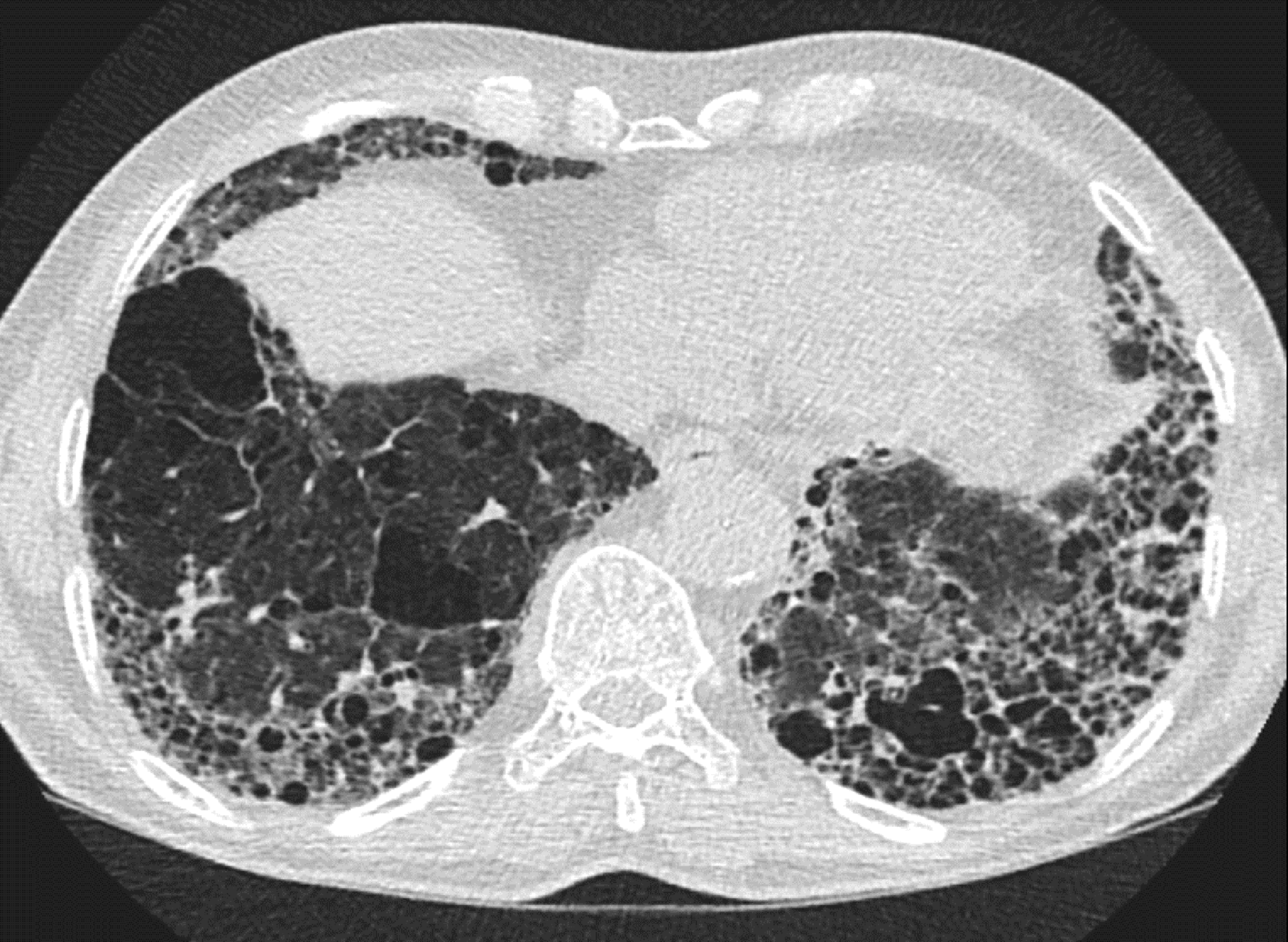
Teaching and research
The clinics involved in the Lung Center make a major contribution to the training of medical students by offering a thematic block on the lungs with lectures and practicals lasting several weeks in both the Bachelor's and Master's programs.
The Lung Center regularly holds further training courses for practising and hospital-based pulmonologists and other specialists. Regular courses are also held for foreign specialists at the Basel site.
The University Lung Center also offers further training for medically interested laypersons. In the past, public days were held, but this was no longer possible during the coronavirus pandemic. Alternatively, 60 lectures on lung topics were held, which can still be accessed.
The clinics of the Lung Center are involved in countless research projects, both clinical and translational. Clinical projects serve to improve diagnostics and quality and provide access to new therapies. Translational projects investigate disease mechanisms using tissue and cell cultures. Lung research, with many high-ranking publications, enjoys an excellent international reputation. Day-to-day interdisciplinary collaboration on patient management also facilitates collaboration on joint research projects.
Diagnostics
- Diagnostic value of new bronchoscopic examination methods (endobronchial ultrasound (EBUS), etc.).
- Use of single photon emission tomography (SPECT) to evaluate and monitor the success of surgical lung volume reduction (LVRS) in pulmonary emphysema.
- Role of magnetic resonance imaging (MRI) of the heart in sarcoidosis and pulmonary hypertension.
- Non-invasive pressure measurement in the pulmonary trunk using magnetic resonance.
- Diagnostic value of PET/CTs (positron emission tomography/computed tomography (CT)) in malignant and non-malignant diseases of the thorax.
Therapy
- Therapy studies with new drugs for the treatment of lung tumors (in collaboration with the Swiss Group for Clinical Cancer Research (SAKK)):
Non-small cell lung cancer:
- SAKK 16/00: Randomized phase III trial on the role of preoperative chemo-/radiotherapy versus chemotherapy in patients with stage IIIA non-small cell lung cancer.
- SAKK 16/08: Preoperative radio- and chemotherapy in combination with cetuximab (Erbitux®) in patients with non-small cell lung cancer (NSCLC). Multicenter phase II study.
- Phase I/IIa study to evaluate the safety and efficacy of a cancer vaccine derived from RNActive® in stage IIIB/IV non-small cell lung cancer.
- Randomized double-blind phase II study on the role of Stimuvax (liposomal vaccine BLP25) in patients with non-resectable stage III non-small cell lung cancer (recruitment stop)
- Randomized phase III study on the role of erlotinib alone or in combination with CP-751,871 for the treatment of patients with advanced non-small cell lung cancer with non-adenocarcinoma histology in the second and third lines of treatment. (Recruitment stop)
- Randomized phase II study on the role of axitinib in the first-line treatment of patients with advanced non-small cell lung cancer with non-squamous cell carcinoma histology. (Recruitment stop)
- Pilot study on therapy with NOVO-TTF in combination with pemetrexed (Alimta) for advanced non-small cell lung cancer (NSCLC) after prior chemotherapy. (Recruitment stop)
Small cell lung cancer:
- SAKK 15/08: Carboplatin and paclitaxel plus ASA404 as first-line therapy in metastatic small cell lung cancer. A multicenter phase II study.
- Randomized phase II study on the role of EMD 273066 with low-dose cyclophosphamide in patients with extensive disease stage small cell lung cancer. (Recruitment stop)
Pleural mesothelioma:
- Randomized phase II trial on the role of neoadjuvant chemotherapy and extrapleural pneumonectomy with or without radiotherapy of the hemithorax in patients with malignant pleural mesothelium (SAKK 17/04).
- Success of stereotactic radiotherapy in primary and secondary malignancies of the lung.
- Optimal follow-up examination for the early detection of recurrences in operated bronchial carcinoma.
Basic research in collaboration with clinical research
The ongoing studies deal with the following topics, among others:
- Growth mechanisms using human cell cultures in mesothelioma and non-small cell lung cancer.
- Regulation of cell growth in pulmonary fibrosis.
- Immunological defense behavior of lymphocytes in patients with bronchial carcinoma.
- Various studies use molecular biological and immunocytochemical methods to analyze the diagnosis and prognosis of bronchial carcinoma (tissue chips, FISH, EGFR sequencing, methylation, etc.). An extensive tissue bank is available.
